In the context of global trade fluctuations, especially pressure from US tariff policies, many Vietnamese enterprises no longer choose to “stand still and wait”. Instead, enterprises proactively expand their markets, reduce dependence and seek growth opportunities in other potential regions such as Europe, the Middle East, Africa, Southeast Asia, etc.
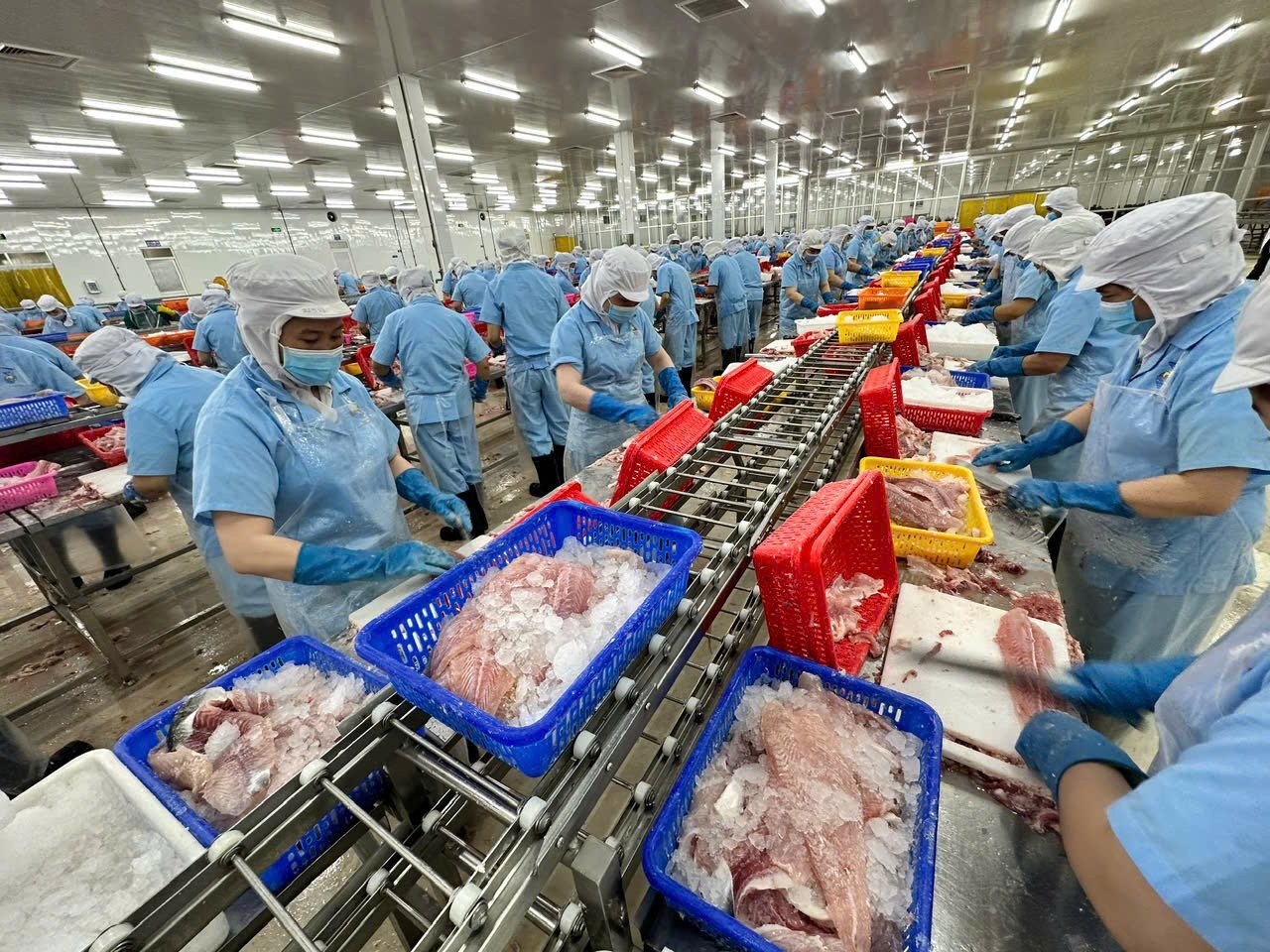
Find opportunity in challenge
Mr. Do Ha Nam, Chairman of the Board of Directors of Intimex Group, Vice Chairman of the Vietnam Coffee and Cocoa Association, said that the suspension of reciprocal taxes is good news, but businesses still cannot be subjective. In fact, although the United States only accounts for a small part of Intimex's total export value, nearly 1.5 billion USD in 2024, it is still a strategic market.
“With the characteristics of the agricultural products - coffee industry, competitiveness comes not only from quality, but also from tax rates. Brazil can completely surpass us, if they take advantage of lower taxes. Therefore, agricultural enterprises are forced to change to survive,” Mr. Do Ha Nam shared.
According to Mr. Do Ha Nam, to cope with the tariff policy from the United States, the company is promoting market diversification to Europe, the Middle East and countries with Free Trade Agreements with Vietnam. At the same time, the company is also improving quality, reducing costs and developing brands to increase competitiveness. In particular, Intimex is also increasing food imports from the United States to Vietnam to contribute to balancing the trade balance, a direction that is both strategic and practical.
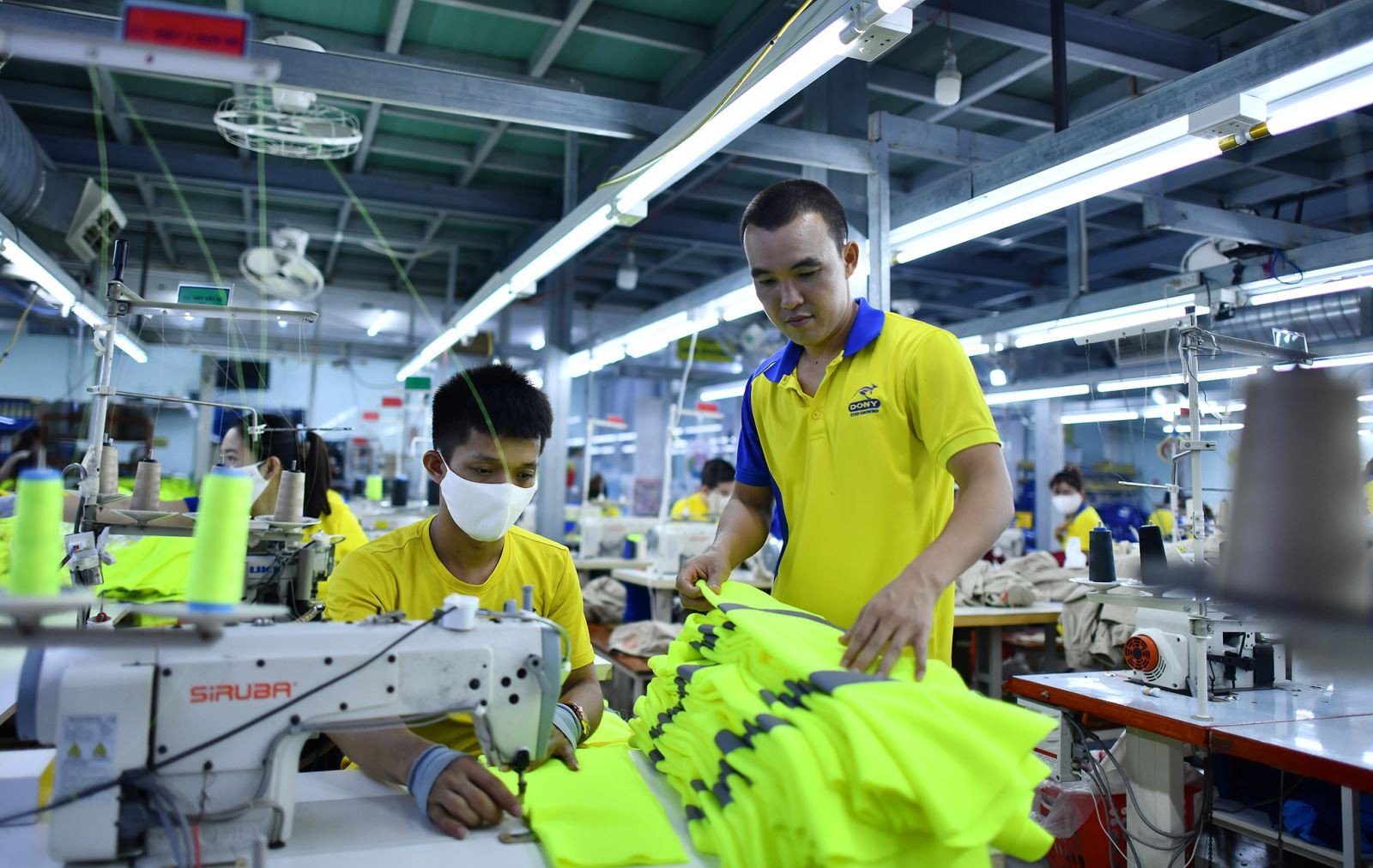
Dony International Joint Stock Company, which used to account for 40% of the export market share in the United States in 2021, now only maintains it at 20%. Mr. Pham Quang Anh, General Director of the Company, said that “putting all eggs in one basket” in the United States contains many risks, especially when competition from China is increasingly fierce. Therefore, the unit not only exploits traditional markets such as Germany and Canada, but also breaks through in “promised lands” such as the Middle East, Russia, Southeast Asia, especially Africa, where they export the first shipment in 2024, with 110,000 products.
In 2025, the company continued to surprise when it successfully exported its first batch of coats to China, a market considered to be full of potential, but also full of challenges. “The notion that the US market is big and other markets are small is not necessarily true. Although the Middle East has a small population, it has large customers with high-value orders. Businesses need to know how to “hunt sharks”, not just chase after the populous market,” Mr. Quang Anh added.
Change the playing field accordingly
In reality, not every business can easily “change the playing field”. Because when expanding the market, it often comes with many costs and risks. Mr. Pham Quang Anh analyzed: “Finding a new market is a big investment problem. With 10,000 USD, a business must choose between a familiar place like the United States or a potential but also uncertain Africa. The cost comes not only from marketing, communication, but also from sales, logistics and building trust with partners. Bringing a shirt to a new market can cost twice as much as a familiar market, but if you don’t try, the business will always be passive and cannot avoid risks when the old market fluctuates”.
According to Mr. Quang Anh, to expand new markets, the role of support from the State is extremely important. Therefore, the Government needs to support businesses to participate in international fairs, train human resources, create easy-to-understand information channels about trade policies... Mr. Quang Anh cited: "Recently, at the fair in Hong Kong that Dony participated in, with the support of the Department of Industry and Trade of Ho Chi Minh City, businesses learned a lot when searching for and expanding relationships with many partners in many countries".
Similarly, Mr. Do Ha Nam also proposed a solution. In the immediate future, ministries and branches need to request specific reports on the impact of reciprocal taxes on each industry, thereby clearly classifying which enterprises are capable of converting markets and which enterprises are not, in order to have appropriate support policies such as finance, trade promotion or technical support for production...
From another perspective, Mr. Dang Phuc Nguyen, General Secretary of VINAFRUIT, pointed out the importance of proactively cutting costs and increasing competitiveness. For example, with durian, an item with a tax rate in the United States 10% higher than in Thailand, Vietnam can only maintain market share if it controls inputs well, reduces costs but still maintains quality. In addition, businesses also need to anticipate bad scenarios. Specifically, if the United States stops importing goods, businesses must quickly pivot to ASEAN countries or the Asian region.
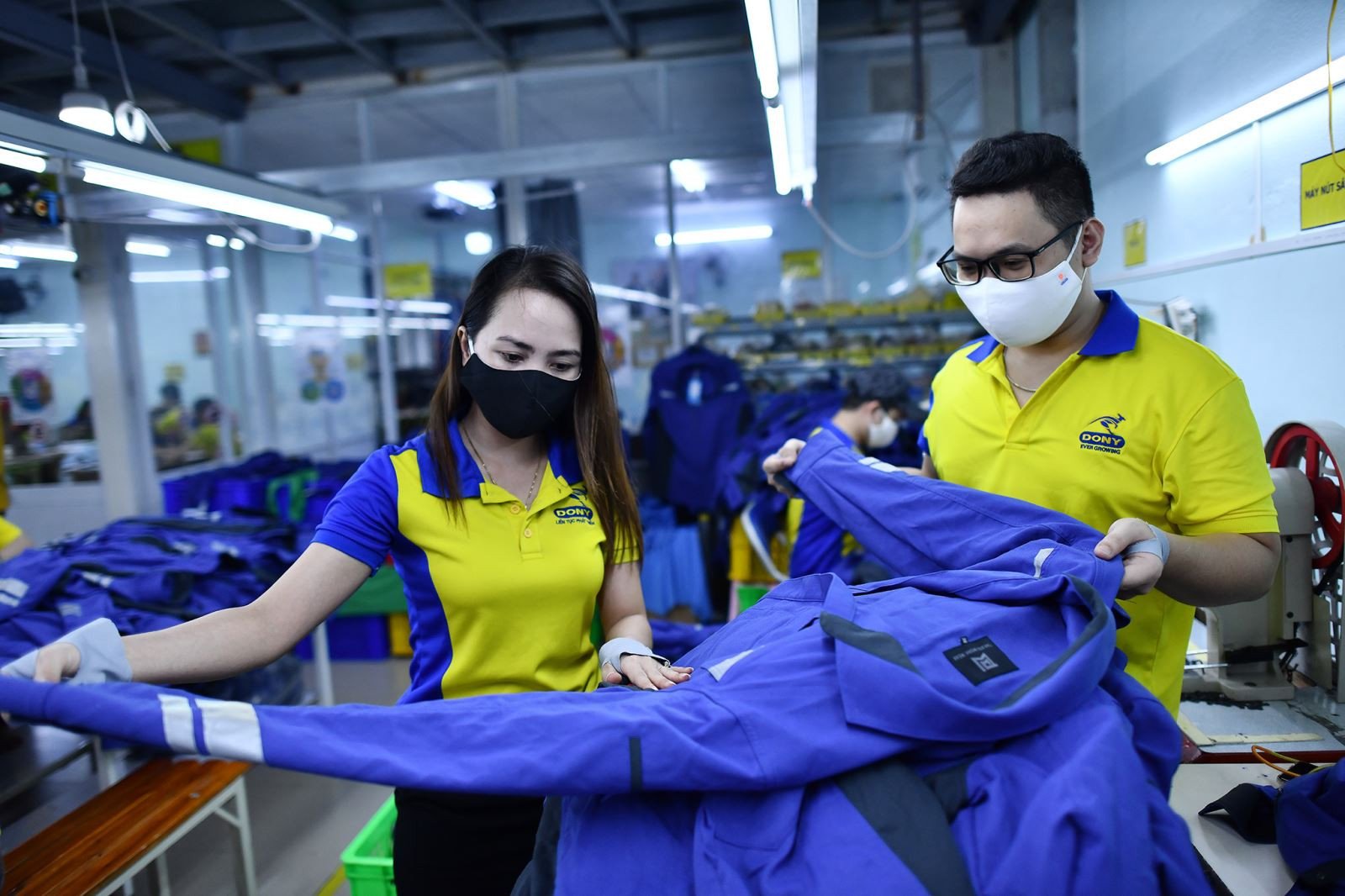
Meanwhile, many businesses choose to promote their strength from their "home field". Mr. Lam Quoc Thanh, General Director of SATRA, said that this unit is expanding its retail system, linking with manufacturers to boost domestic consumption. "If we make good use of the domestic market, we will not only reduce our dependence on exports but also increase the value, increase Vietnamese products and support the campaign "Vietnamese people prioritize using Vietnamese goods", Mr. Quoc Thanh said.
Sharing solutions to expand the domestic market, Mr. Phan Minh Thong, Chairman of the Board of Directors of Phuc Sinh, said that in order for domestic enterprises to develop in parallel with exports, there needs to be a fair financial policy. Exports borrow USD at just over 1%, while domestic production has to bear VND interest rates of 9-10%, which is unreasonable. Therefore, a larger strategy is needed to build an international-class commodity exchange in Vietnam as part of an international financial center.
“We have a commodity advantage, but if we want to improve, we must be ready to invest in people, technology, and learn from the failures of predecessors like Singapore or the success of India,” said Mr. Phan Minh Thong.
According to economic experts, in the context of globalization and trade tensions as today, the trend of businesses proactively expanding their markets and reducing dependence on the United States is irreversible. There is no other way but to innovate thinking, improve products, increase production capacity and adapt flexibly. When trade is no longer just a game of quantity, but a "war" of strategy, whoever dares to go first and dares to change, that person can survive and develop.
| Economist Tran Nguyen Dan said that instead of taking retaliatory measures when the US proposed imposing a 46% tax, Vietnam should choose a flexible approach and proactively negotiate trade. Considering equivalent tariff incentives for some US goods, as Vietnam is applying to other free trade partners, could be an effective "step down the ladder", creating conditions for the US to adjust its tax policy. At the same time, Vietnam should also consider further opening up some US industries to participate in the domestic market. On the other hand, the Government should also have solutions to support domestic enterprises by reducing export taxes, while urgently seeking and developing new markets to reduce dependence on the US and China. In addition, businesses should not be complacent in thinking that the US will not impose tariffs because Vietnam is a small country. However, being complacent will make us not fully prepared for risk scenarios. Ultimately, the key point is that Vietnam needs to reduce its dependence on cheap raw materials from China in the textile and footwear industry. Competing on low prices will only lead to low revenue and unstable income for workers. If businesses invest in improving quality, they can completely sell products at higher prices, while raising the living standards of workers. On the other hand, preferential credit policies specifically for export enterprises, such as low-interest loan packages, will help them overcome the current difficult period. |
Source


![[Photo] Prime Minister Pham Minh Chinh chairs conference on anti-smuggling, trade fraud, and counterfeit goods](https://vphoto.vietnam.vn/thumb/1200x675/vietnam/resource/IMAGE/2025/5/14/6cd67667e99e4248b7d4f587fd21e37c)





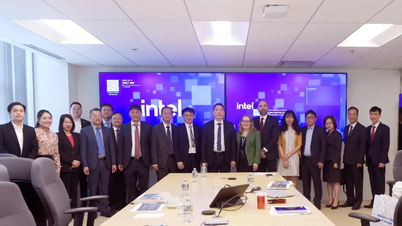








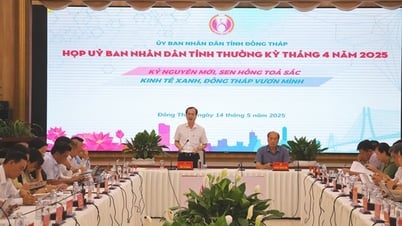


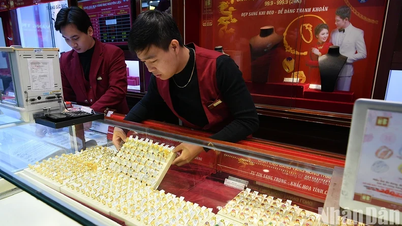










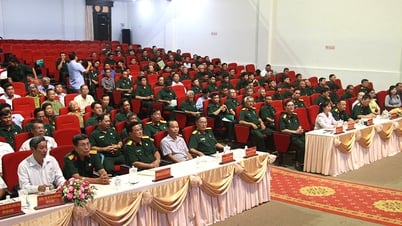





















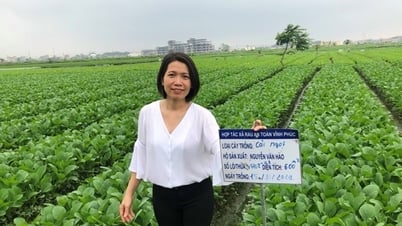















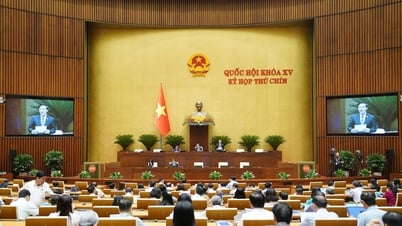






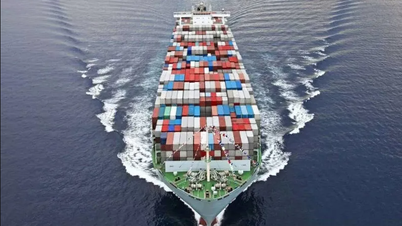







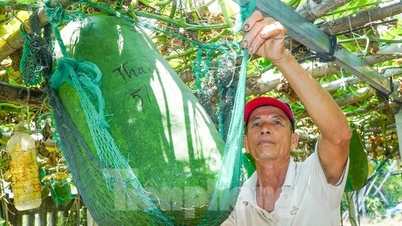
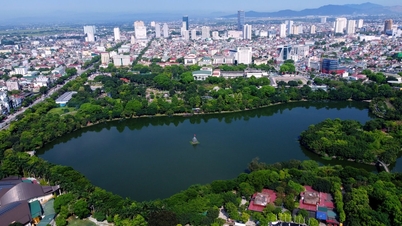








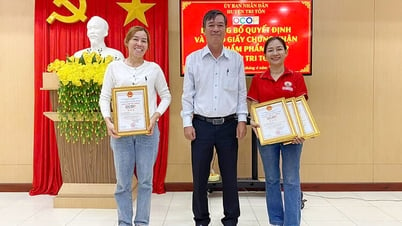

Comment (0)